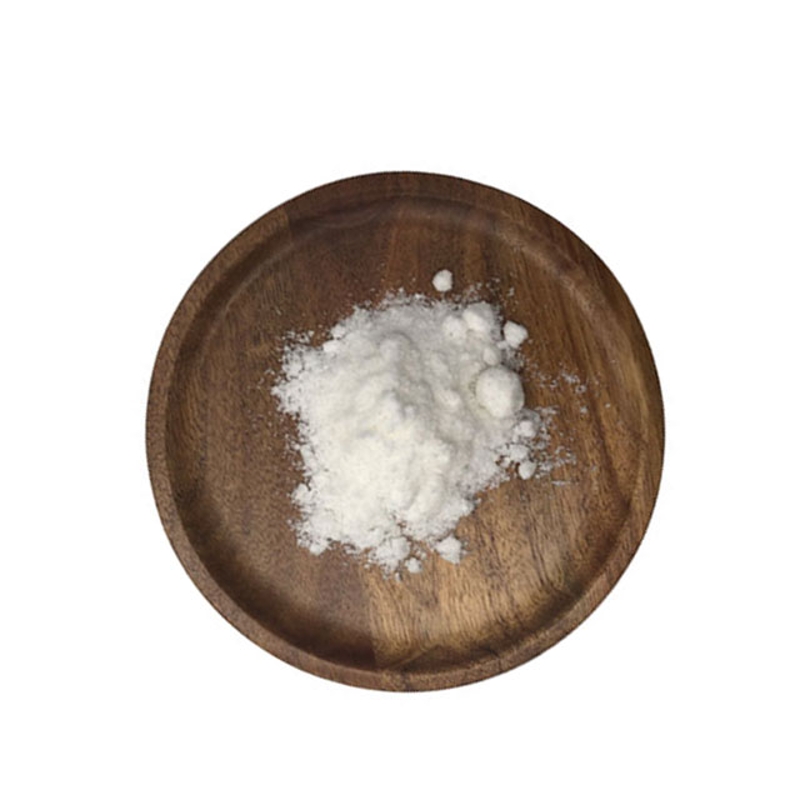Nat Neurosci: biomarker of Parkinson's disease in the gut
-
Last Update: 2020-02-20
-
Source: Internet
-
Author: User
Search more information of high quality chemicals, good prices and reliable suppliers, visit
www.echemi.com
February 19, 2020 / Biovalley Bion / -- Parkinson's disease (PD) is a debilitating neurodegenerative disease that damages the motor function of millions of elderly people around the world Usually, PD patients will have gastrointestinal dysfunction symptoms, such as constipation, a few years before the onset of exercise symptoms After examining the brain of Parkinson's disease patients, the results showed that there were α - synuclein (α - SYN) clumps in the brain cells controlling the movement In a recent study, researchers at the California Institute of technology implanted alpha syn aggregates in the gut neurons of mice, and found that these aggregates can spread upward, affecting neurons in the brain, and the process is age-related (image source: www Pixabay Com) normally, the enzyme produced by mice can decompose these masses, but they may lose this ability as they grow older, which can explain why Parkinson's disease is high in the elderly population The researchers showed that injecting mice with vector drugs containing the gene encoding the enzyme helped to reduce the aggregation of the clumps and to some extent restore normal intestinal function The results were published recently in nature neuroscience Because α - syn aggregates are also found in the gut neurons of PD patients, some researchers speculate that α - syn aggregates begin in the gut nervous system, then transfer from gut neurons to brain neurons, and form other aggregates in the process To test this, the Caltech team injected the mice with alpha syn aggregates into the gastrointestinal tract and then monitored their migration In adult mice, the team did find the formation of alpha syn clusters, but they did not find symptoms associated with dyskinesia In the aged mice (about 16 months old), the authors found that the mice showed both gastrointestinal dysfunction and motor symptoms It is known that glucocerebrosidase (gcase) has the ability to decompose α syn clusters If the mice lost the ability to make the enzyme, the alpha syn protein would start to gather to study the effect of gcase on PD related symptoms The team used genetically engineered mice that overexpressed alpha syn and injected them with genes encoding gcase These genes are packaged in adeno-associated virus (AAV) vectors The team found that gcase could partially restore the normal intestinal function of these mice and reduce the aggregation of intestinal neurons Source of information: biomarker for Parkinson's disease may originate in the gut source: Colin Challis et al Gut seeded α - synuclein fabrics promote gut dysfunction and brain pathway specifically in aged mice, Nature Neuroscience (2020) Doi: 10.1038/s41593-020-0589-7
This article is an English version of an article which is originally in the Chinese language on echemi.com and is provided for information purposes only.
This website makes no representation or warranty of any kind, either expressed or implied, as to the accuracy, completeness ownership or reliability of
the article or any translations thereof. If you have any concerns or complaints relating to the article, please send an email, providing a detailed
description of the concern or complaint, to
service@echemi.com. A staff member will contact you within 5 working days. Once verified, infringing content
will be removed immediately.







